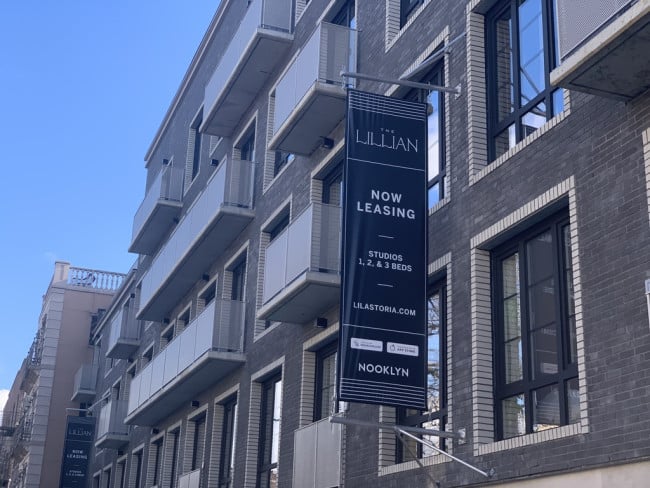I’m struggling because of coronavirus. Why won’t my landlord lower the rent?

Your landlord may be waiting to see if there is going to be some kind of rent relief from Albany.
I've lost work because of the coronavirus and as a result, I’m struggling to pay the full rent. However my landlord refuses to negotiate with me. Why won’t my landlord cut me a break, and what else can I do?
Many New York City tenants are in your situation, and some landlords are pushing back against requests for breaks on rent, our experts say.
"I have it on good authority that industry organizations are counseling their landlord clients not to negotiate until they see what Albany does," says Sam Himmelstein, a lawyer who represents residential and commercial tenants and tenant associations (and is a Brick Underground sponsor). "They're waiting to see if there is going to be some kind of rent relief, and a break in taxes and mortgage payments. There are bills pending in the state legislature, and so tenants are encountering this refusal to negotiate."
Landlords colluding to refuse to work with tenants on rent reduction may sound like a potential violation of antitrust laws, but it's unlikely that applies in this case.
"I think this more in the nature of moral support—rather than true price-fixing or unfair marketplace practices—since there is an existing contract and relationship between each landlord and each tenant, the terms of which do not depend upon what other landlords or tenants do," says attorney David Slarskey, founder of law firm Slarskey LLC. "There's no 'marketplace' for obtaining rent adjustments. There's an existing contract, that says what it says. It's not clear to me how one landlord's willingness to negotiate rent abatements, or refusal to do so, has an impact on another landlord or tenant."
On the other hand, Slarskey says, if landlords were agreeing not to reduce rent for available space to keep rents high on new leases, that might constitute an antitrust violation.
There are landlords out there cutting tenants a break, like this Brooklyn landlord who waived April rent for all his tenants. But unfortunately, as a tenant you can't force your landlord to negotiate with you on a rent reduction, though you can certainly try organizing with your neighbors and approaching the landlord as a group, as there is greater power in numbers.
It's also worth keeping in mind that there is currently a moratorium on evictions in place though August, so even if you stopped paying rent entirely, your landlord will not be able to begin eviction proceedings against you for some time.
"I think landlords are being foolish not negotiating, because if you force tenants into a situation where they can't pay, so they either break their lease and leave or stay in place without paying, what happens?" Himmelstein says. "Are you going to get a replacement at the same rent in this market? Are you going to sue them when the courts reopen?"
In other words, there are no immediate consequences to not paying your rent (or to paying less than your full rent). Plus, Himmelstein says that even once courts reopen, it will be gradual.
You still are at risk for being sued by your landlord, Himmelstein says, but he doubts that upon reopening housing courts will suddenly issue mass evictions.
"What landlords are really afraid of is the domino effect, the idea that if one person gets a rent reduction and the word gets out, everyone is going to have to do it," Himmelstein says. "So landlords are being counseled not to negotiate. This may change as more and more people are not paying rent."
Trouble at home? Get your NYC apartment-dweller questions answered by an expert. Send your questions to [email protected].
For more Ask an Expert questions and answers, click here.
You Might Also Like





























